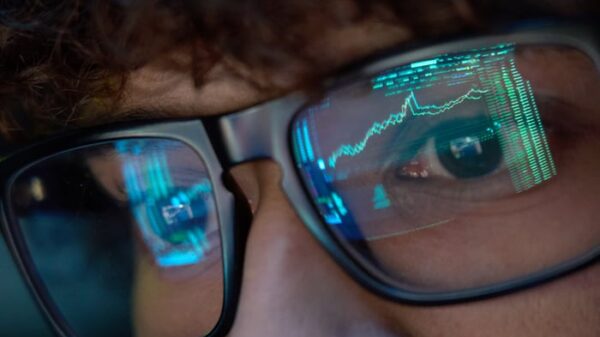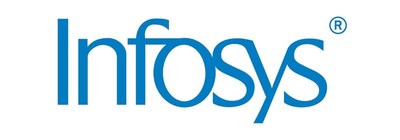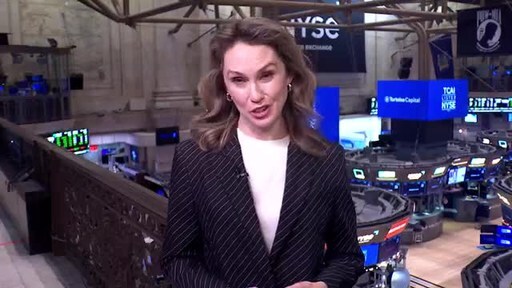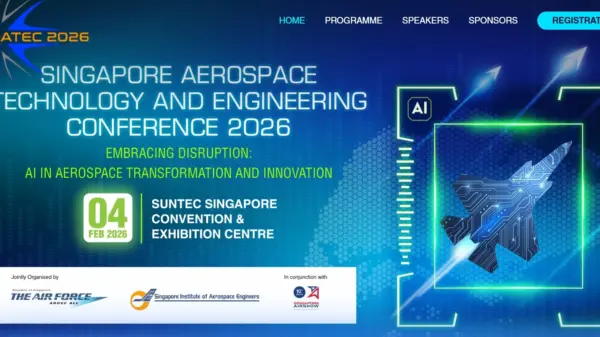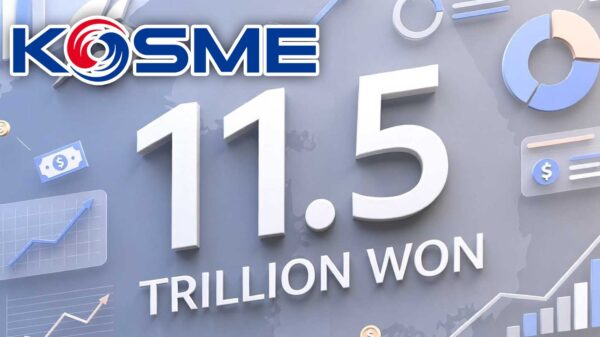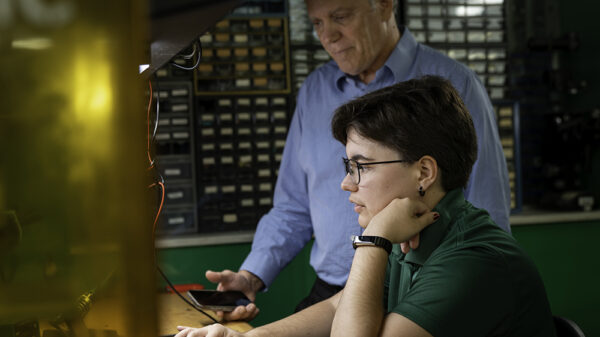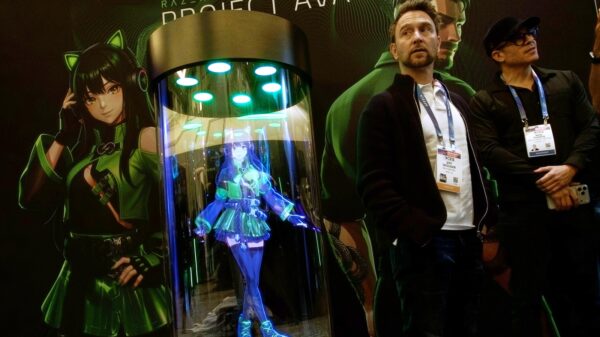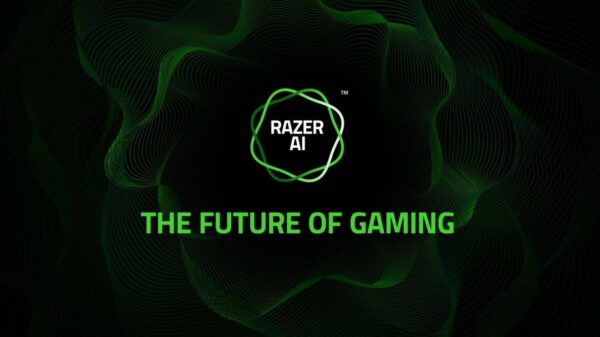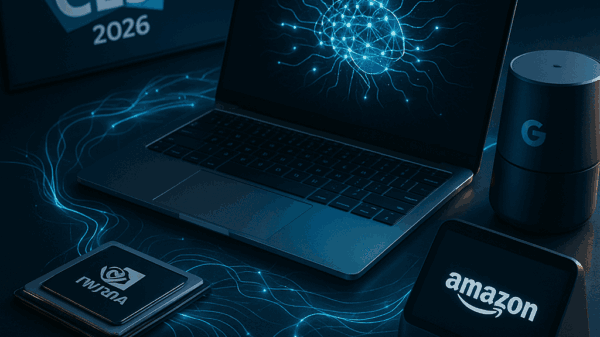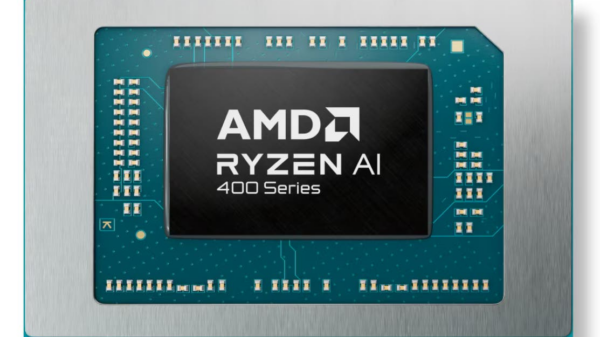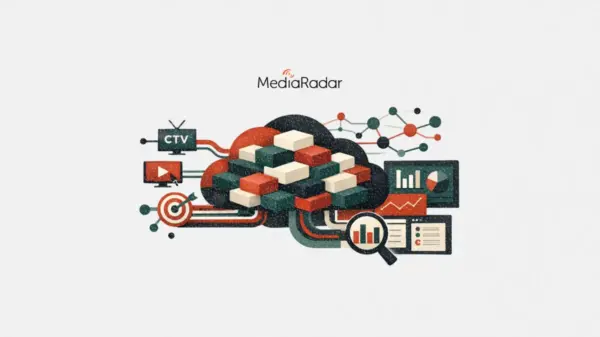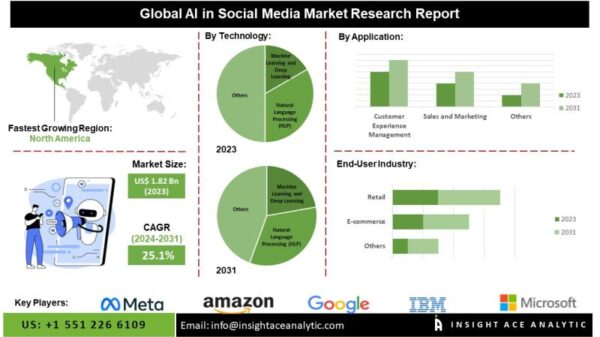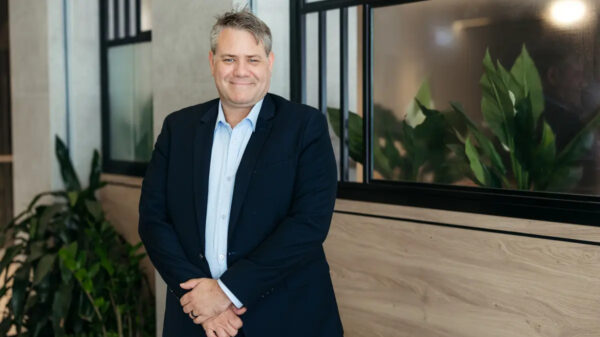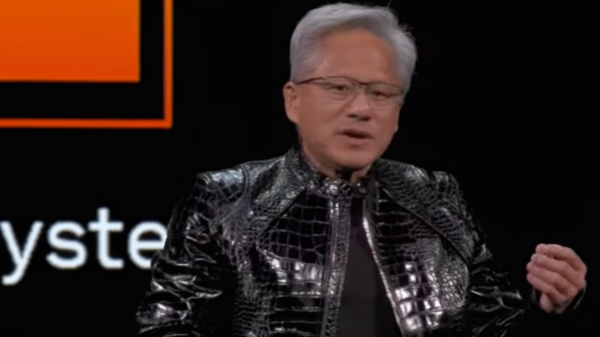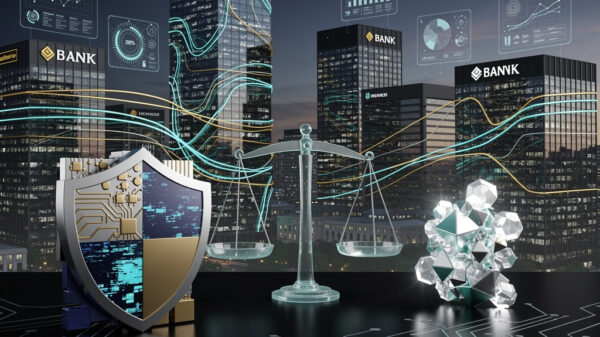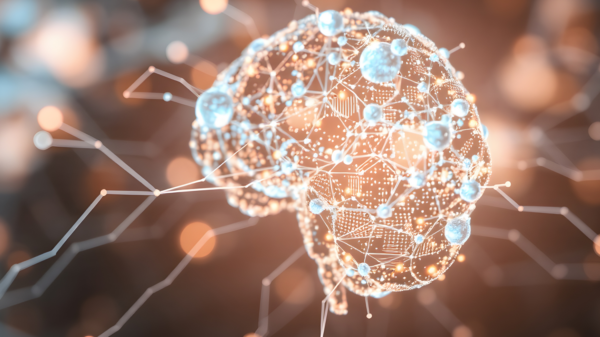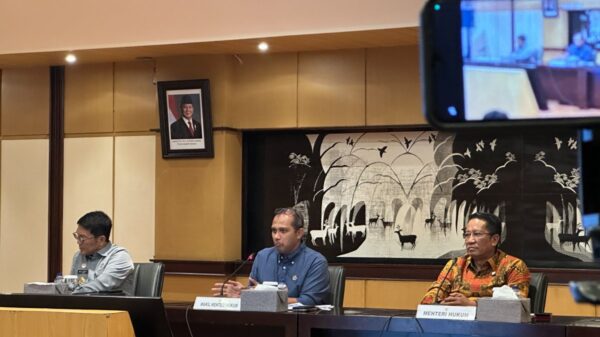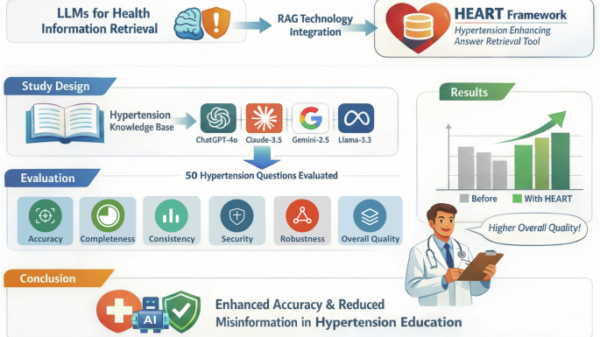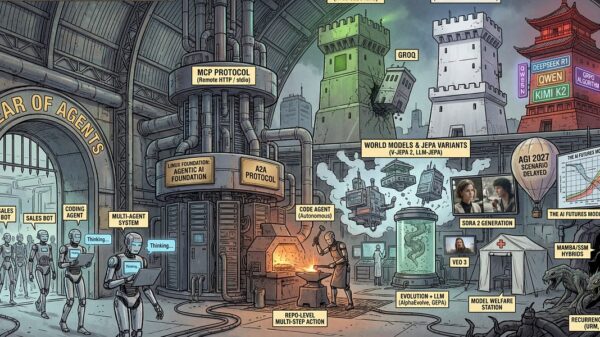Google CEO Sundar Pichai says the current surge in artificial intelligence investment is “rational,” even as he acknowledges the risks of overinvestment, rising energy consumption, and deep disruption to jobs and information ecosystems. In an in-depth interview with the BBC, Pichai compared the AI moment to past platform shifts such as the personal computer, the internet, mobile, and cloud—arguing that AI will be just as, if not more, transformative.
“Every decade or so you have these inflection points,” Pichai said. “Now it’s clearly the era of AI.”
Google Triples AI Infrastructure Spending
Pichai offered a rare glimpse into the scale of capital deployment behind the AI boom. Just a few years ago, he said, Google was spending less than $30 billion per year on infrastructure. In the current cycle, that figure is expected to exceed $90 billion.
Across the wider ecosystem, Pichai estimates that technology companies are now committing “well over a trillion dollars” to build out data centers and compute infrastructure for AI. “In the next couple of years, we’ll end up building what we probably built in the past 10 to 20 years,” he said, calling it an unprecedented acceleration.
Despite market worries about an AI bubble, Pichai insists the enthusiasm is grounded in reality: AI systems are being deployed at scale, customers are paying for them, and Google is “constrained in its ability to serve demand.” Still, he admits the industry will likely “overshoot,” as it did during the dot-com era. “None of us would question whether the internet was profound,” he noted. “I expect AI to be the same.”
From Chatbots to Agentic AI
Pichai outlined what he sees as the next major shift in how people will use AI: the rise of agentic experiences. Today, users mostly chat with AI models, asking questions and receiving answers. Over the next 12 months, Pichai predicts a move toward systems that can execute complex tasks end to end.
He cited everyday examples such as asking an AI to handle shopping or choosing a birthday gift, and more critical scenarios like seeking help to interpret medical options or evaluate a stock investment. “That kind of agentic experience is what we are all excited about,” he said.
Over time, he believes these systems will help people make better decisions across domains—from consumer finance to healthcare—while augmenting professionals rather than fully replacing them.
Jobs: Disruption, But Also New Opportunities
Asked about the impact of AI on employment, including white-collar roles in law, media, accounting, and creative industries, Pichai reiterated a familiar but controversial message: AI will both disrupt and create jobs, and societies will need time and policy support to adapt.
He argues that people are already “overloaded,” and that automation has historically freed humans from repetitive tasks, citing household appliances and the growth in medical imaging as examples. For radiologists, for instance, the number of scans and images per scan keeps rising. AI, he said, can help them cope with spiraling workloads rather than simply replacing them.
His advice to the next generation is clear: embrace the technology. “I would encourage the next generation to learn to use it in the context of what you do,” he said. Whether someone becomes a teacher, doctor or journalist, “the people who will do well… are people who learn how to use these tools.”
Hallucinations, Truth and the Role of Gemini
Pressed on whether Google’s flagship model Gemini can be trusted to tell the truth, Pichai conceded that today’s large language models still make serious mistakes, from hallucinating wrong facts to mischaracterizing people.
He stressed that Google is working to ground Gemini “in real-world information” by tightly integrating it with Google Search, but admitted there are “moments where these models are prone to errors.” For that reason, he argued, AI systems cannot be the only source of truth in the information ecosystem.
“Truth matters. Journalism matters,” Pichai said, emphasizing that teachers, doctors, and traditional institutions must remain central. Users, he added, must “learn to use these tools for what they are good at and not blindly trust everything they say.”
Energy Demand vs. Climate Goals
One of the most pressing concerns around AI is its energy footprint. Pichai acknowledged that AI data centers will consume enormous amounts of power—potentially more than entire countries or entire fleets of electric vehicles—but rejected the idea that AI and climate goals must be in direct conflict.
He argued that soaring AI energy demand is already driving record investment into new energy sources, including solar, advanced batteries, geothermal, and nuclear technologies. Pichai pointed to Google’s recent agreement with Commonwealth Fusion Systems, calling it the largest corporate purchase for future fusion energy, along with contracts involving small modular reactors.
At the same time, he admitted that Google’s own 2030 net-zero trajectory has been affected by faster-than-expected AI buildout. “Some of the progress we were hoping to make will be impacted,” he said, but insisted the company remains committed to decarbonizing its operations and scaling clean energy in markets such as the UK, where Google aims to make its operations “95% carbon-free” by 2026.
Regulation, Safety and Industry Power
Pichai also addressed questions about the concentration of power among a small group of tech giants driving AI research, including Google, OpenAI, Microsoft and others. He agreed that “no one company should own a technology as powerful as AI,” but argued that today’s reality is one of intense competition, with multiple frontier labs and a growing ecosystem of open-source models, including from China.
On safety, Pichai said Google is trying to be both “bold and responsible,” moving quickly to meet consumer expectations while investing heavily in AI security, misuse detection and content authenticity tools, such as open-source technology to identify AI-generated images.
He emphasized the need for “deep industry-wide frameworks” and closer engagement with governments, nonprofits and civil society to manage risks. That includes working with the U.S. administration and other governments on immigration policy, safety standards and copyright frameworks for training data.
Beyond AI: Quantum Computing and Scientific Breakthroughs
Looking beyond today’s AI race, Pichai said Google’s quantum computing efforts are “where AI was five years ago,” predicting a similarly explosive phase of progress in the next half-decade. Quantum systems, he argued, will help simulate nature more accurately and unlock new scientific and industrial applications.
He also highlighted AlphaFold, the breakthrough protein-folding system developed by Google DeepMind, which recently earned a Nobel Prize in Chemistry. AlphaFold generated structural predictions for around 300 million proteins in a matter of months, he noted—work that would have taken individual researchers “an entire PhD” per protein.
“We can take progress here for granted,” Pichai said, pointing to driverless cars in San Francisco and rapidly advancing AI research in London as signs of how quickly science fiction becomes day-to-day reality.
As AI enters this new phase of massive capital allocation, agentic systems and quantum-backed research, Pichai’s message is a mix of optimism and caution: the boom is real, the risks are serious, and the race to align energy, jobs, safety and truth with AI’s trajectory has only just begun.
 Vietnam’s AI Market Projected to Surge to $2.8B by 2033, Driven by Digitalization
Vietnam’s AI Market Projected to Surge to $2.8B by 2033, Driven by Digitalization Create Your AI Character: 10 Steps to Simulate Conversations with a Rock Star
Create Your AI Character: 10 Steps to Simulate Conversations with a Rock Star Nvidia Reports Strong Earnings Amid AI Bubble Concerns, OpenAI’s $100B Investment Plan
Nvidia Reports Strong Earnings Amid AI Bubble Concerns, OpenAI’s $100B Investment Plan Grok Claims Elon Musk is ‘Fitter’ Than LeBron James, Igniting Controversy on X
Grok Claims Elon Musk is ‘Fitter’ Than LeBron James, Igniting Controversy on X IWF Calls for EU Ban on AI Child Sexual Abuse Imagery Amid Accelerating Crisis
IWF Calls for EU Ban on AI Child Sexual Abuse Imagery Amid Accelerating Crisis
